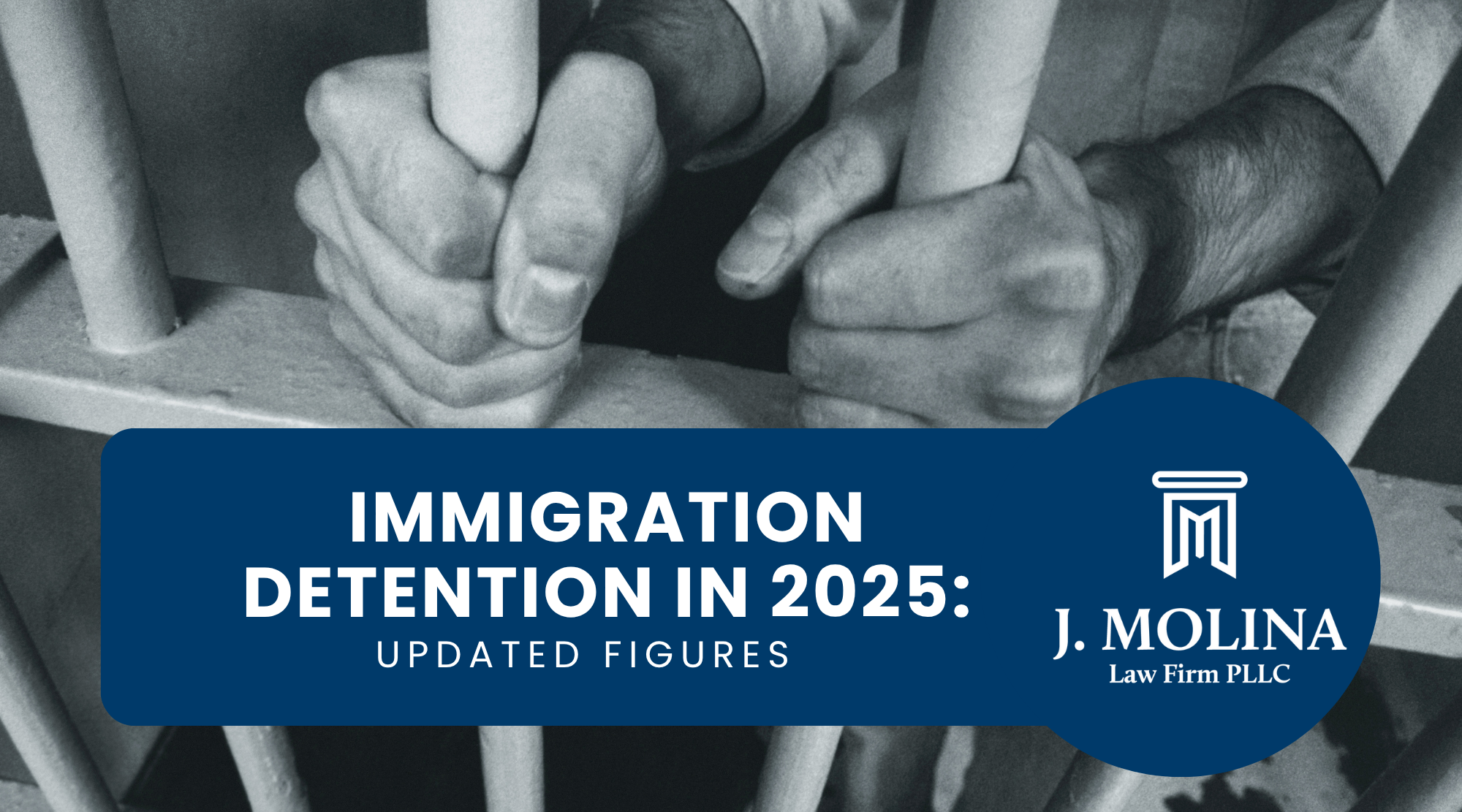Our previous article explored certain grounds of inadmissibility, and today we’d like to cover others. Our latest webinar explains most grounds of inadmissibility in greater detail. We recall that being inadmissible means not being allowed into or eligible to adjust status in the United States.
I. Multiple Convictions
A person may become inadmissible if that person has multiple convictions and the combined sentences add up to 5 years or more. Unlike other categories of inadmissibility, this category looks only at the length of the sentence imposed. Thus, even if one crime does not make you inadmissible, you must also worry about the length of the sentence imposed. For example, most DUIs convictions do not make you inadmissible, but having multiple DUIs might make you inadmissible under this category. It’s usual to run a red light or have speeding tickets, but you may be inadmissible if they start adding up and reach over five years of sentence. You may be allowed to waive your inadmissibility if you have two or more convictions and were granted over five years of jail time.
II. Unlawfully present at the United States
Another common ground of inadmissibility is to be unlawfully present in the United States. This means entering the U.S. without inspection or legally entering the U.S. but overstaying the allowed amount of time initially granted.
According to INA 212(a)(9)(B)(i)(I) and (II), you would be subject to a three-year bar if a person leaves the U.S. after being present more than 180 days but less than one year unlawfully presence during a single stay and before removal proceedings. To trigger the ten-year bar, a person would need to accumulate one year or more of unlawful presence, but after completing the due time, you could apply for a waiver to proceed with the legal steps and enter the U.S.
III. Illegal reentry
Both the 3-year and 10-year bars can be waivered with the proper counseling and representation from a professional immigration attorney and after completing specific steps. However, USCIS states that the permanent inadmissibility bar cannot be waivered. This usually happens if a person tries to reenter the U.S. or enters illegally or without being thoroughly inspected after being denied entry or instructed to leave for being unlawfully present for over more than one year, per the INA 212(a)(9)(C)(i)(I).
The J. Molina Law Firm is always here to help. If you need assistance with a case and wish to know if you are inadmissible and, if so, what could be done to find the best solution, do not hesitate to contact us or call us at (469) 708-5800. You can schedule a personal consultation with Mr. Molina today! We will tend to your situation with honesty and integrity.



